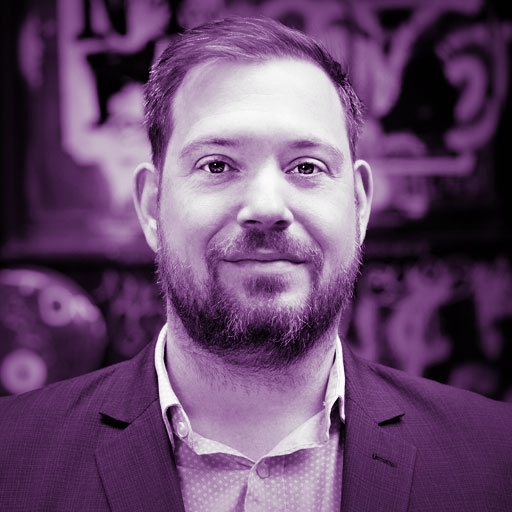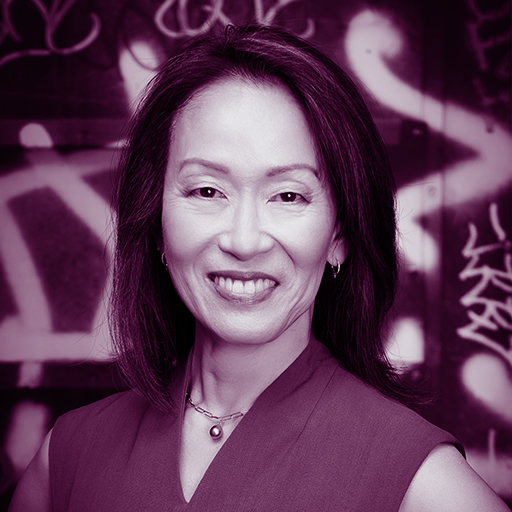Episode 166: Reproductive Urologists and Endocrinologists: What’s the Difference?
September is Urology Awareness Month, which is quite necessary considering there are less than four hundred practicing Reproductive Urologists in the United States. This episode serves as an opportunity to understand the intense training it takes to become a Reproductive Urologist (RU), what role they play in men’s health and reproductive health, as well as how they work in conjunction with Reproductive Endocrinologists.
In today’s episode, Progyny’s Chief Medical Officer and Reproductive Endocrinologist, Dr. Janet Choi gives insight into the role of RUs and how they differ from Reproductive Endocrinologists (REIs).
Dr. Choi expands on her own position as an REI; what kind of training she received, who she treats, and how male patients can benefit from seeing an RU if they are already seeing an REI.
Guest: Dr. Janet Choi, Chief Medical Officer at Progyny
Host: Dan Bulger, Progyny
For more information, visit Progyny’s Podcast page and Progyny’s Education page for more resources. Be sure to follow us on Instagram, @ThisisInfertilityPodcast and use the #ThisisInfertility. Have a question, comment, or want to share your story? Email us at thisisinfertility@progyny.com.
If you enjoy watching podcasts, this episode is also available as a video.
Here are some highlights from this episode:
Required Training
02:49 – 04:56
Dr. Janet Choi: Let’s start with Reproductive Endocrinologists. Anyone who becomes a medical doctor must go through not only four years of college and pre-med courses, but also four years of medical school training and graduation.
For people to become Reproductive Endocrinologist and infertility specialists there are an additional four years of Obstetrics and Gynecology residency training. For individuals who want to sub specialize in the area of REI, there’s an additional three years of subspecialty fellowship training and that involves clinical care of patients who have reproductive, endocrine and infertility needs as well as typically, a year of research during that three-year training. Once you finish all that and then pass all the specialty boards, you can call yourself a Reproductive Endocrinologist and infertility specialist.
The Reproductive Urology and infertility fellowship isn’t officially recognized yet. But the RUs that are in our network are typically fellowship trained. And that means they’ve done (and this is a lot of work after their four years of med school), five to six years of general urology residency training. Then they do an additional one to two years of fellowship training in the area of male infertility and Andrology.
Dan Bulger: Okay, so it’s no easy task to become an REI or an RU. And perhaps that’s why there are limited number of these sub-specialists in the U.S. About 1,300 Reproductive Endocrinologist and only about 300 to 350 or so, Reproductive Urologists.
Why Visit an REI?
05:10 – 06:10
Why Visit an RU?
06:28 – 08:09
When to See Both
08:09 – 15:00
Dan Bulger: REIs and RUs tend to work hand-in-hand for their patients when there is male infertility present. Couples who have a problem with sperm sample results utilize ICSI, a game changing resource whereby a single sperm can be injected directly into an egg. And with ICSI, success rates for those with male-factor infertility are extremely good. So, if ICSI and IVF are great tools for those with male-factor. Then why would one need to see and RU?
Dr. Janet Choi: I’m pretty quick to send a male patient to Reproductive Urologist. So, if I see low sperm counts, like I said earlier, any kind of analysis, I will tell the patient I think it’s prudent and hopefully in your best interest to go. There is a real benefit to men in seeing an RU when trying to conceive. And there’s a real case to be made that these men should probably get themselves evaluated by an RU, while a female partner is being evaluated by an REI. Any couple where there’s a male fertility issues — those males would benefit from getting at least a quick evaluation with a Reproductive Urologist. And lo and behold sometimes they will evaluate the male patient and find something that’s treatable and fixable. Something that improves the sperm quality or helps improve the odds of a pregnancy resulting, because that’s what you want. And along the way, find some health issues that could have been a major problem, like, let’s say a small testicular nodule that they pick up early on and is then more treatable. Another shout out in terms of the services that they provide outside of fertility.
Video mentioned in this episode: Reproductive Urologists Can Help Men with Infertility

Host
Dan has been in the healthcare industry for the past ten plus years as a multimedia content producer. Better known as ‘Video Dan’ he has interviewed numerous doctors, patients and other experts in the world of fertility. He’s also the producer for this podcast, This is Infertility and the producer behind the Progyny YouTube Channel which features interviews with dozens of the nation’s leading fertility specialists. On a personal note Dan’s parents started fostering kids when he was four years old, and he considers himself a proud older brother to over 100 foster children.

Guest
Dr. Janet Choi is a highly ranked board-certified REI, bringing over two decades of clinical expertise in fertility and family building. Dr. Choi has published and lectured extensively on infertility, onco-fertility, and fertility preservation. She is a member of ASRM, ACOG, and the NY Obstetrical Society. She earned her medical degree and completed her residency at Columbia University and completed her REI fellowship at Weill Cornell Medical College.
Music From This Episode:
Artist: Jahzzar
Track: Joke
URL: https://freemusicarchive.org/
Track: Bloom
URL: https://freemusicarchive.org/
Track: Talk to Me
URL: https://freemusicarchive.org/



